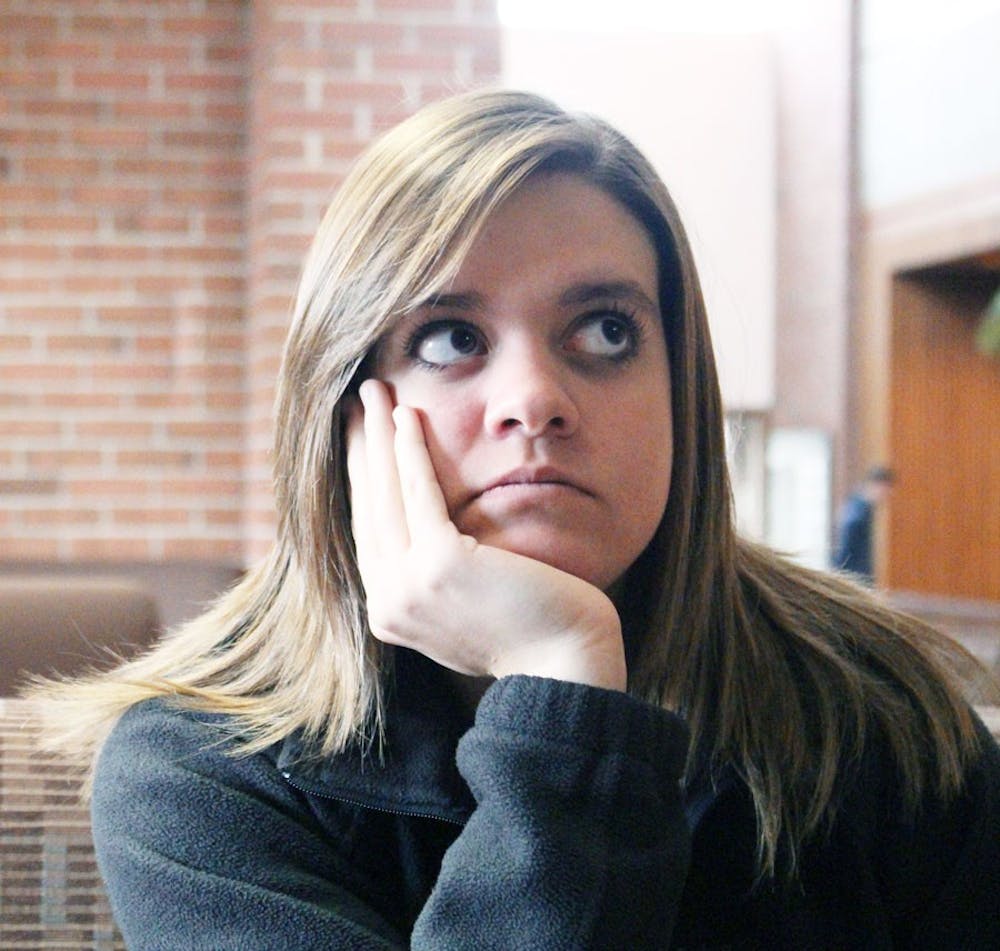By Michael Harbin | Faculty Contributor
As a Foundational Core Curriculum (FCC) professor, I read with interest "General un-education" in last week's newspaper. In many respects I agree with the author, Bekah Swank. However, having taught FCC courses for more than 25 years at three different colleges, my observation is that Taylor and its professors value these courses highly.
Of course, that does not preclude exceptions. It seems that Swank is addressing those exceptions, and it would not surprise me that there are individuals who merit her criticisms. But she paints with a very broad brush. Are the exceptions really as prevalent as she seems to suggest?
The fact that her concern seems based on anecdotal evidence from other students gives one pause. The same is true when one notes how many of the faculty members recognized as Distinguished Professor of the Year have taught FCC courses.
Swank says she had a good FCC experience. She suggests, however, that not all of her classmates had the same experience, even in the same classes. Using her example, I wonder how many of those students who "do not learn to write" had the same professors that were so patient with her. That and my rather extensive experience leads me to believe that there is more to the issue than Swank discussed.
I pay careful attention to my student evaluations, seeking ways to improve. It is interesting how often students' evaluations report widely varied experiences in the same class. Other professors have noted the same pattern.
I struggle to find ways to reach this negative minority. How do I respond to that outlier who stated "I did not learn anything in this course"? Though I do not know which student included that statement, it is easy to suspect that it is the guy who sat in the farthest corner of the room, trying to hide his earphones under his hoodie. While he did badly on both the reading quizzes and the exams, he never came to get help. Students find it easy to blame the professor for their own lack of interest and participation in a class, even when they resist every effort the professor makes to get them involved.
Every class has its own personality. I have left one FCC class that was highly engaged and walked into a second that was the opposite. It is difficult for a professor to maintain excitement when he or she faces a group of students who from day one don't do the assigned reading or consistently stare out the window or down at their desks for the entire period.
When multiple students respond with "I don't know," killing discussion before it begins, the professor may begin to feel like he or she really is "in an empty classroom lecturing to the walls," as Swank wrote, despite the bodies at the desks.
I would remind students that they came to Taylor knowing it is a liberal arts college, not a vocational school. As such, they should welcome the opportunity to explore areas of study they would not normally have considered.
"General education" does not translate to easy; these are still college courses. But that should be viewed as a challenge and an opportunity-something to relish, not a dose of bitter medicine. And if the course seems especially tough, students should talk to the professor, who is likely ready to help.





